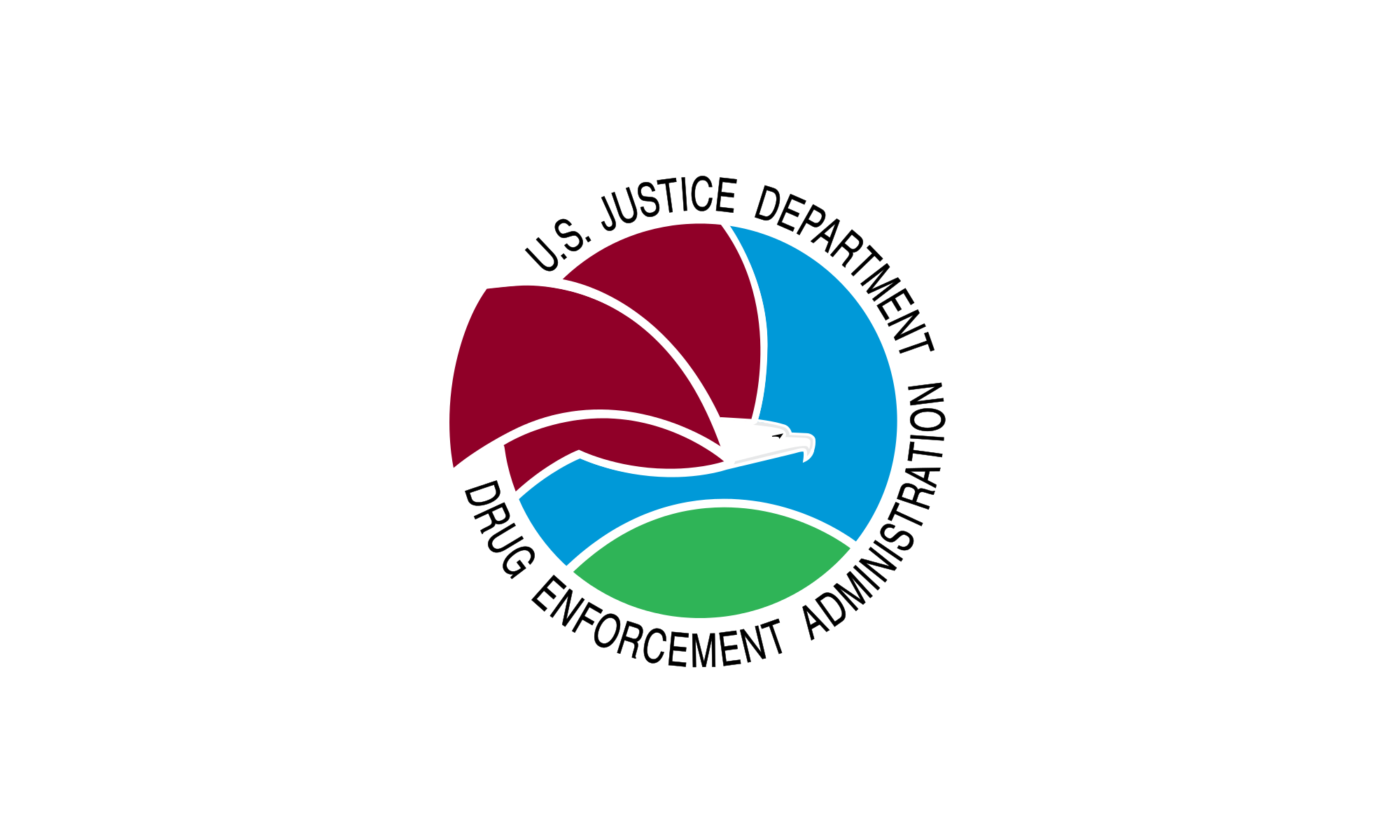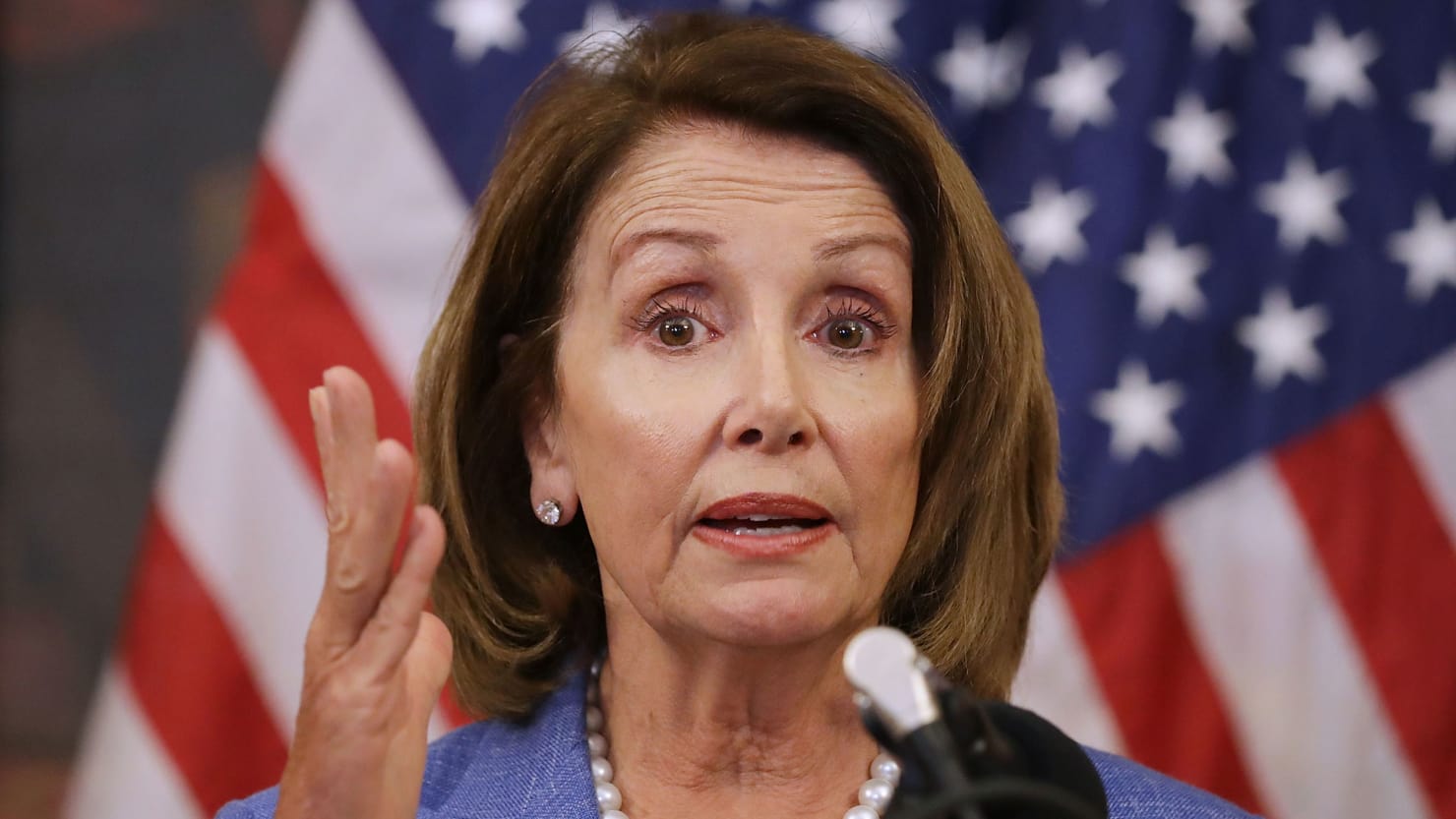Congresswoman Barbara Comstock (VA-10) joined former DEA agent Steve Murphy on “Good Morning Washington” on Friday to discuss what is being done to curb the alarming rise of the opioid epidemic in America. According to statistics from the U.S. Department of Health and Human Services, over 116 people die every day from opioid-related drug overdoses.
Murphy said during the interview that there is “lacking education” in the public at-large regarding the dangers of opioids. He explained while heroin can easily cause overdoses, new counterfeit types of painkillers like fentanyl, which is sometimes used in narcotics cocktails, can be 50 times more lethal. As well, when is comes to carfentanil and acetylfentanyl used in mixtures with other drugs, the implications of lethal overdoses can be multiplied by thousands of times.
In working with lawmakers, Murphy has teamed up with Comstock to combat the epidemic and to help Americans who struggle with drug addictions and drug-related crime.
“We’ve seen this hit every demographic in our district,” she said. The local-focused lawmaker has worked hard during the past few years to bring about change in the ways in which not only law enforcement, but the public deals with opioids.
Comstock has worked with Loudoun County Sheriff Mike Chapman by helping develop the “HOT Team,” or Heroin Operation Team, in the Northern Virginia area that brings the whole community together to solve problems stemming from the epidemic.
According to a 2015 press release from the office of the congresswoman, the regional initiative utilizes a toll-free “HOTline” where residents can seek help, the establishment of a multi-jurisdictional task force that will take a collaborative approach to coordinating investigations, and implements more aggressive outreach and education awareness programs to reveal to the public about the dangers surrounding heroin and drug use, as well as prescriptions drug abuse.
Currently, out in the western portion of her district, she is working with hospitals, social workers, and schools in the Shenandoah Valley to promote awareness and education programs that will help stop the opioid epidemic. She also said that the epidemic is now contributing to area deaths more than car accidents.
Furthermore, Comstock said, “we’ve been working on the gang problem,” in Northern Virginia that aids the transportation and sale of opioids in the area.
Earlier this year, Comstock sponsored The Criminal Alien Gang Removal Act, which would prohibit gang members from entering the country, and permit the immediate removal of criminal gang members who already are in the United States. The legislation is set to take on the transnational MS-13 gang in the Northern Virginia with thousands of members known for drug trafficking, human trafficking, and brutal murders.
Although many are focused on the southern border for drug trafficking, Murphy said that Canada is also a place that needs to be and is being addressed, citing, “over 100 points of entry into the country,” from the northern border.
The congresswoman has also worked on a piece of legislation that will provide $4 billion in funding to tackle the opioid crisis at “every level,” including measures involving the trafficking coming into the U.S. She explained that new programs will help federal law enforcement officials help keep drug traffickers and narcotics suppliers out of the country, provide of education and prevention on the state and local level, and better treatment options for American families who have been harmed by the epidemic.






